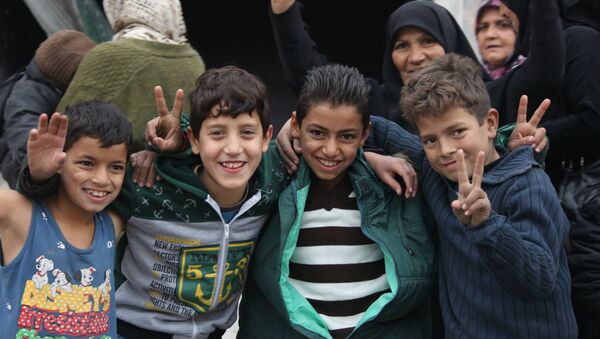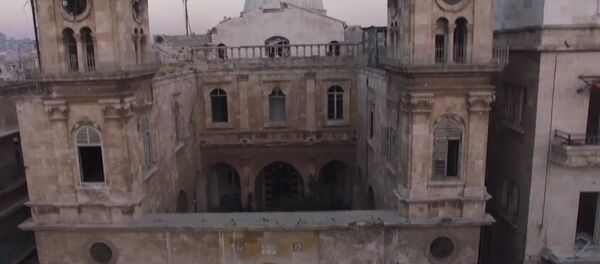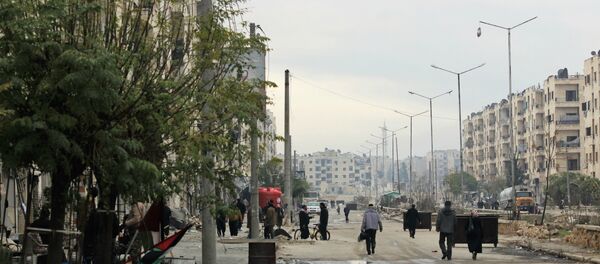"Russian airstrikes which were launched more than a year ago on September 30, 2015 and were carried out with short pauses have been fundamental to the victory," Wrobel, an expert on Russia, said. "I think that this victory is something that the government of President Bashar al-Assad has wanted for the commercial capital of Syria for four years."
Aleppo was partially controlled by terrorist groups, including al-Nusra Front and Ahrar al-Sham, since July 2012 and until December 2016. In July 2016, the Syrian Arab Army (SAA), assisted by Russia, Iran and its local allies, encircled the city, cutting off all supply routes to the rebel-held eastern districts. In November, the SAA launched an offensive, formally known as Operation Dawn of Victory, to push armed radical groups out of last remaining areas under their control. On December 22, Damascus-led forces announced that Aleppo was fully liberated.
"Without Russia's support and to a lesser extent Iran's backing the victory would have been impossible. The implications and the humanitarian cost of the operation will be determined in the future, taking all these aspects into account. But it is safe to say that the support provided by the Russian Aerospace Forces was the determining factor," the political analyst said.
"Perhaps this will sound immodest but this would have been simply impossible without Russia's participation," Putin added, referring to the victory in Aleppo.
Putin called this "the biggest international humanitarian operation in the modern era."
This humanitarian operation could not have been carried out without leaders of Russia, Turkey and Iran, he said. "Needless to say, this would not have been achieved without the goodwill and efforts of Mr. Assad, the President of the Syrian Arab Republic, and his staff," he added.




